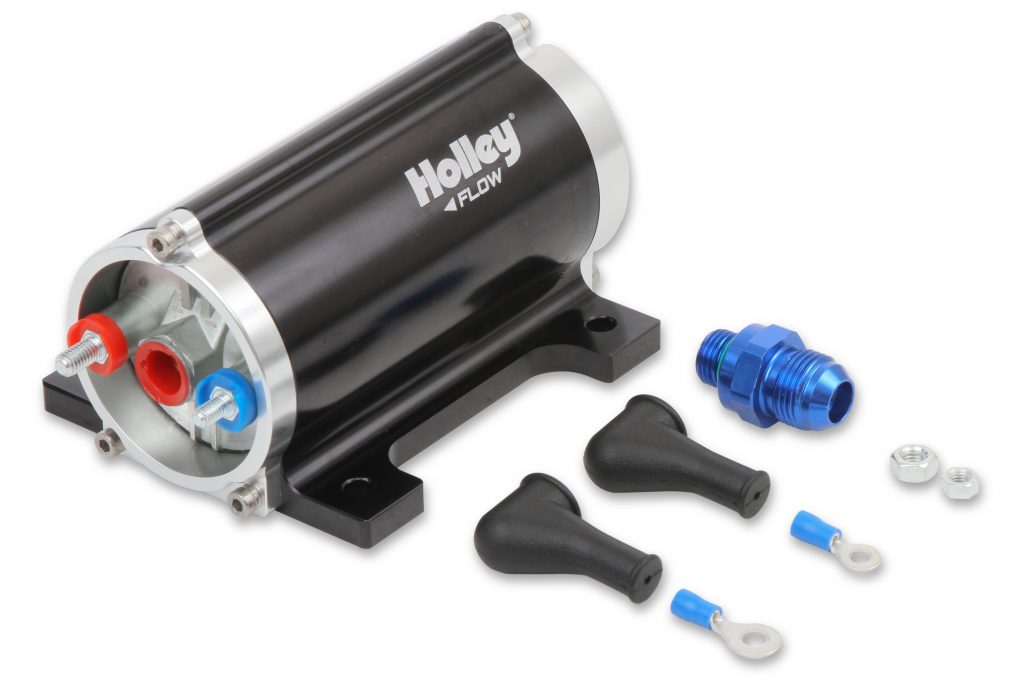
The fuel pump is a vital component of a vehicle's fuel system, responsible for delivering fuel from the tank to the engine. A malfunctioning fuel pump can lead to various issues, including poor engine performance and even complete engine failure. In this article, we will discuss the signs that indicate a potential problem with the fuel pump and how to determine if you need a fuel pump replacement.
- Engine Stalling or Hesitation:
One of the most common symptoms of a failing fuel pump is engine stalling or hesitation. If you notice that your vehicle frequently stalls or hesitates during acceleration, it could be a sign that the fuel pump is not delivering an adequate amount of fuel to the engine. This can be caused by a weak fuel pump or a clogged fuel filter. - Difficulty Starting the Engine:
Another indication of a faulty fuel pump is difficulty starting the engine. If you find that your vehicle takes longer to start or requires multiple attempts before it starts, it may be due to a weak fuel pump. A fuel pump that is not functioning properly will struggle to provide the necessary fuel pressure for the engine to start efficiently. - Sudden Loss of Power:
A sudden loss of power while driving can also be a sign of a failing fuel pump. If you experience a significant decrease in engine power or notice that your vehicle struggles to maintain speed, it could be due to a fuel pump that is unable to deliver a consistent flow of fuel. This can result in engine misfires and a noticeable decrease in overall performance. - Unusual Noise from the Fuel Tank:
A malfunctioning fuel pump may produce unusual noises, particularly a whining or humming sound coming from the fuel tank. This noise is often an indication that the fuel pump is working harder than normal or that there is a problem with the fuel pump motor. If you hear any unusual sounds coming from the fuel tank, it is advisable to have the fuel pump inspected. - Low Fuel Pressure:
Low fuel pressure is a clear indicator of a fuel pump problem. A professional mechanic can perform a fuel pressure test to determine if the fuel pump is delivering the required pressure. If the test reveals low fuel pressure, it is likely that the fuel pump needs to be replaced.
Conclusion:
Identifying the signs of a failing fuel pump is crucial for maintaining the performance and reliability of your vehicle. If you experience any of the symptoms mentioned above, it is recommended to have your fuel pump inspected by a qualified mechanic. Prompt diagnosis and replacement of a faulty fuel pump can prevent further damage to the engine and ensure the smooth operation of your vehicle.

